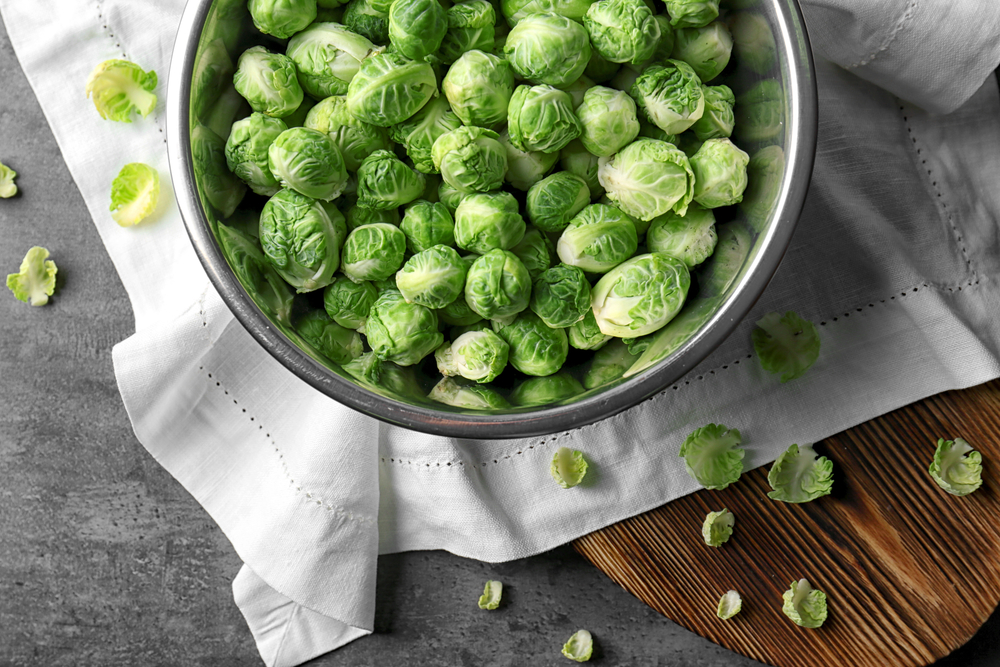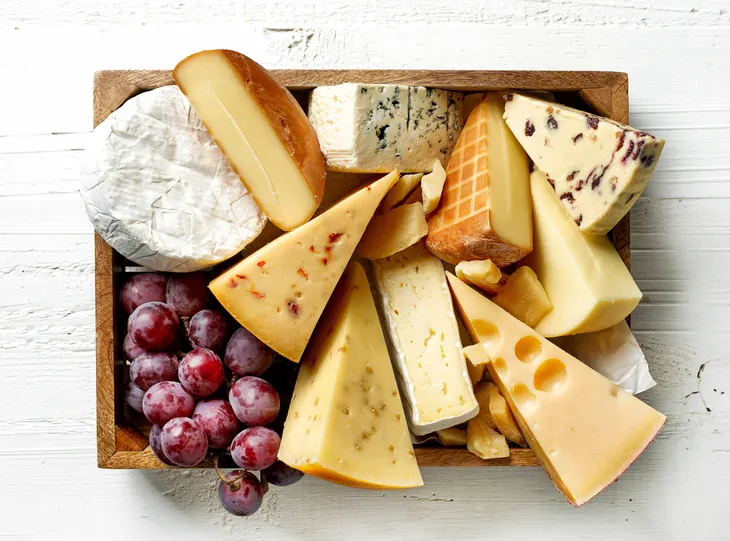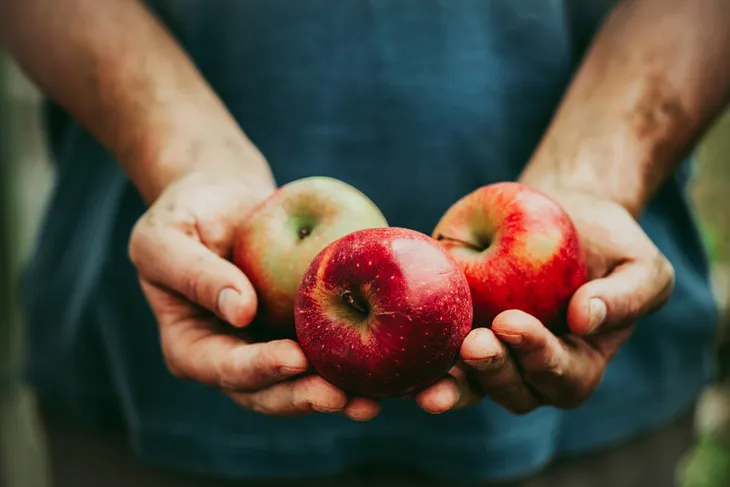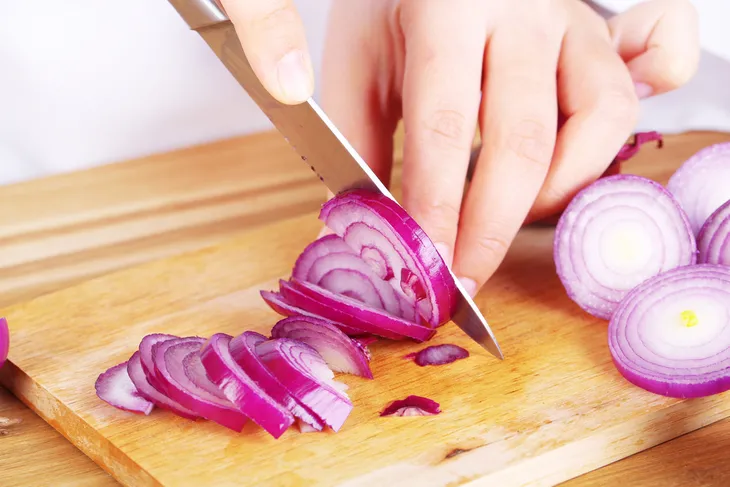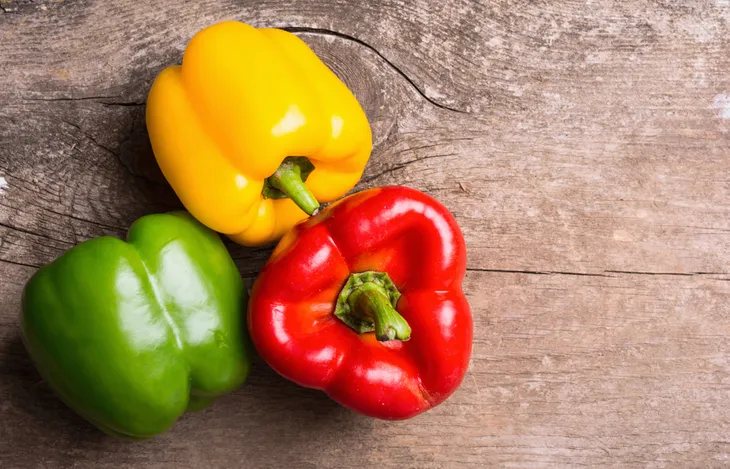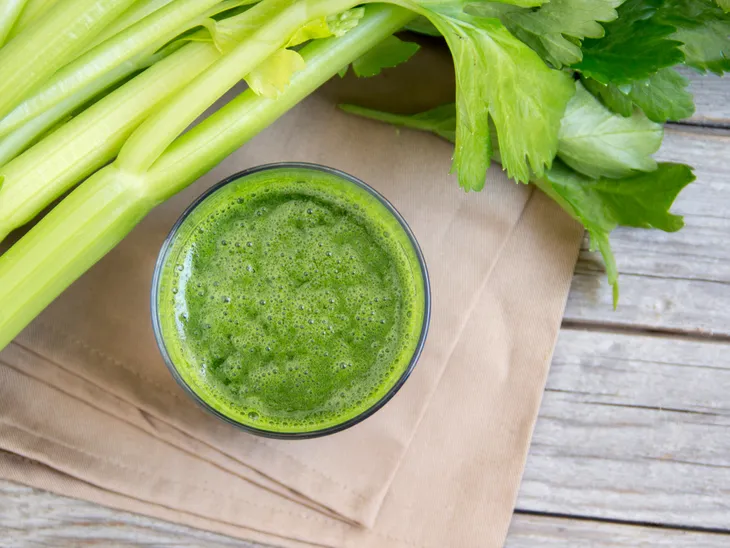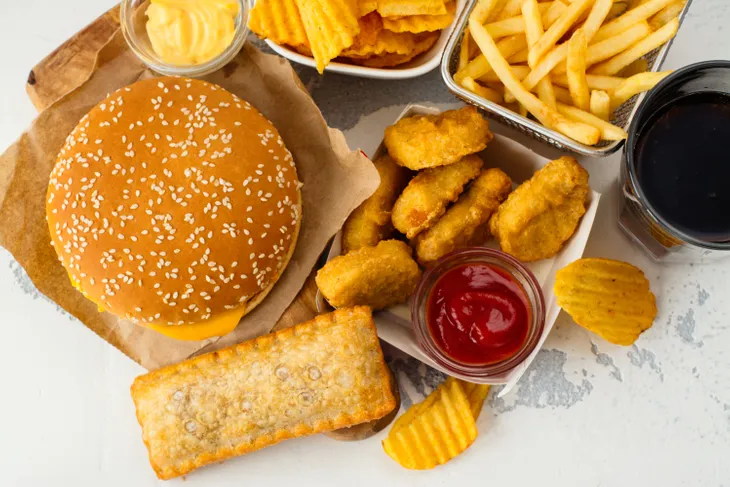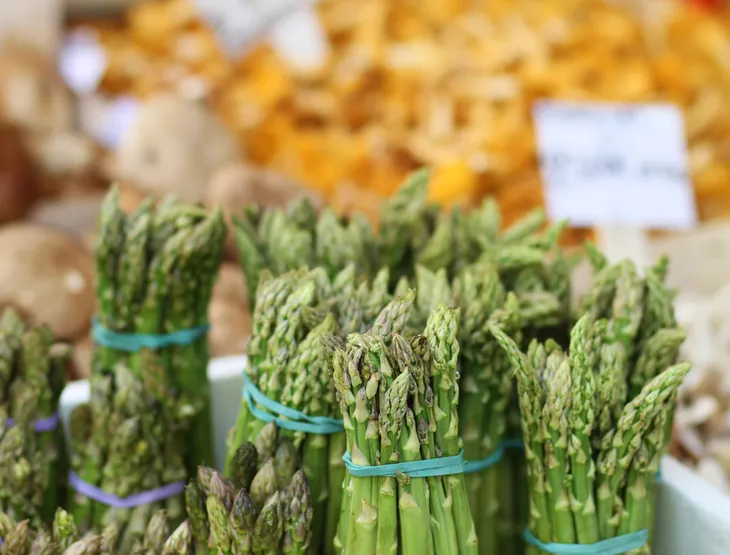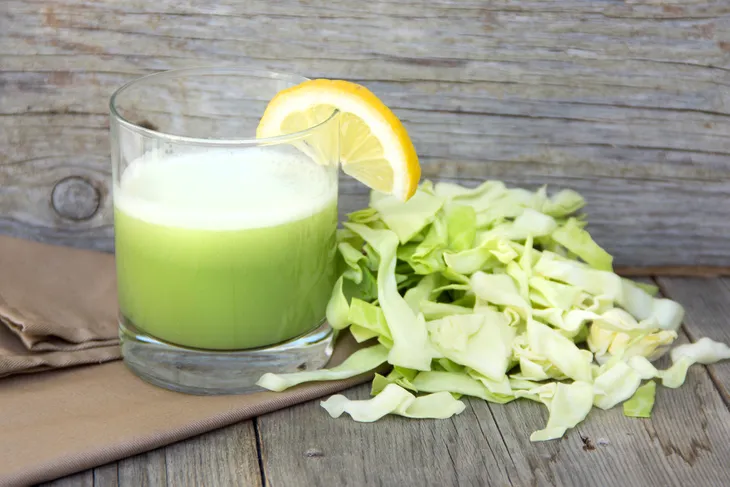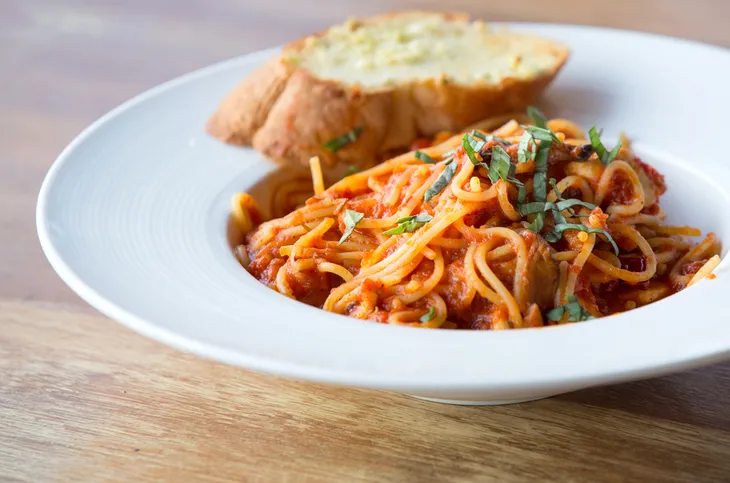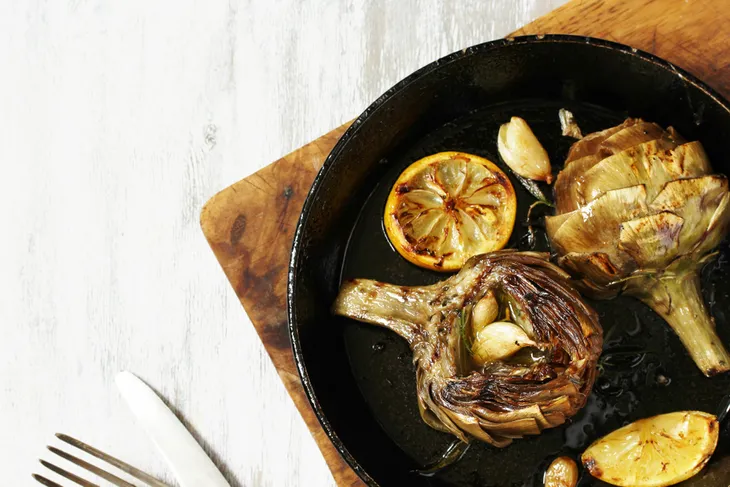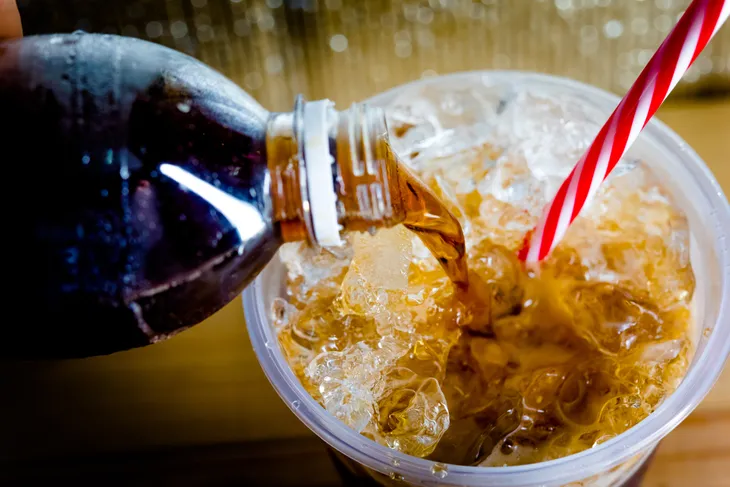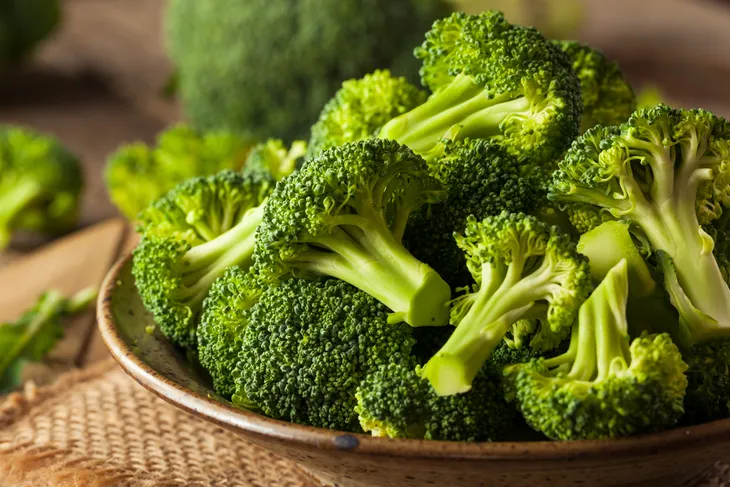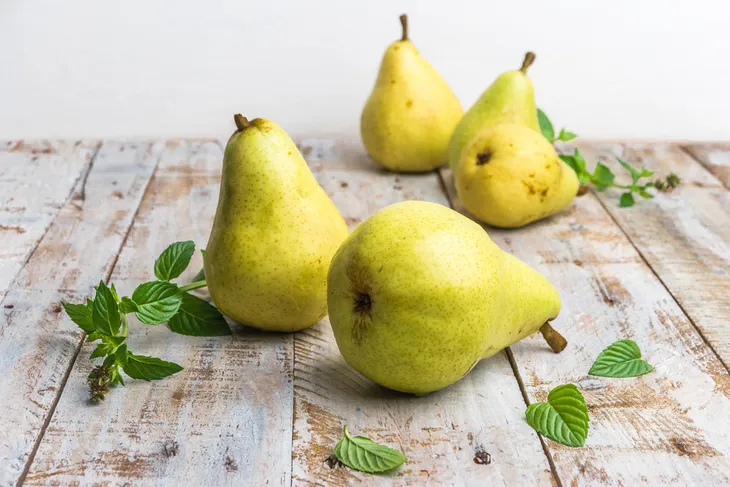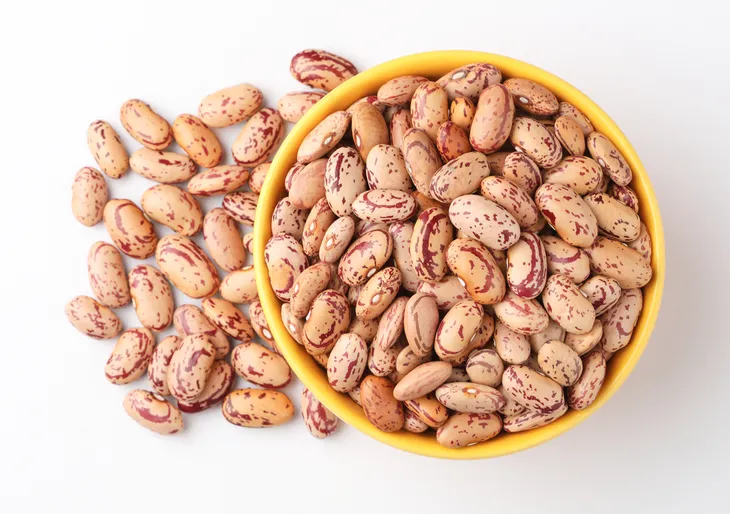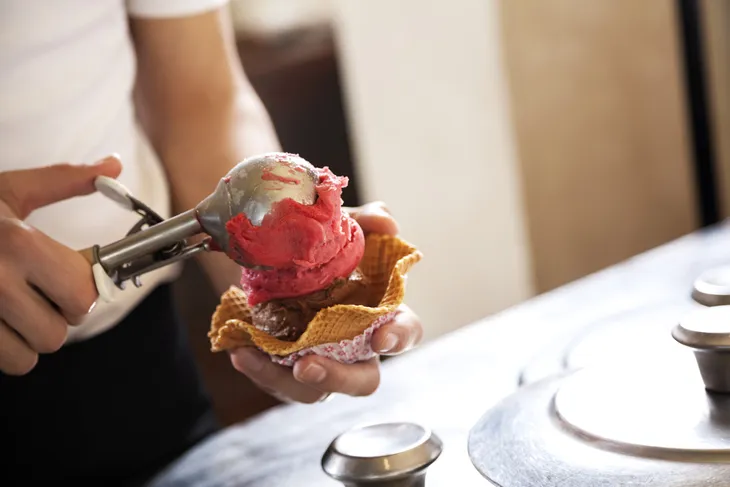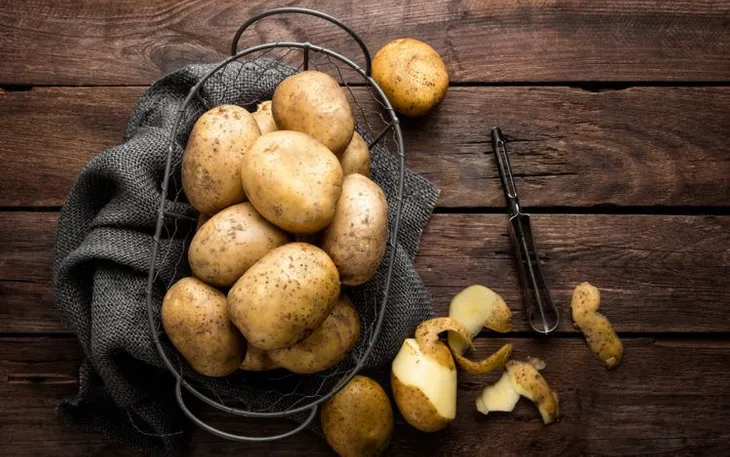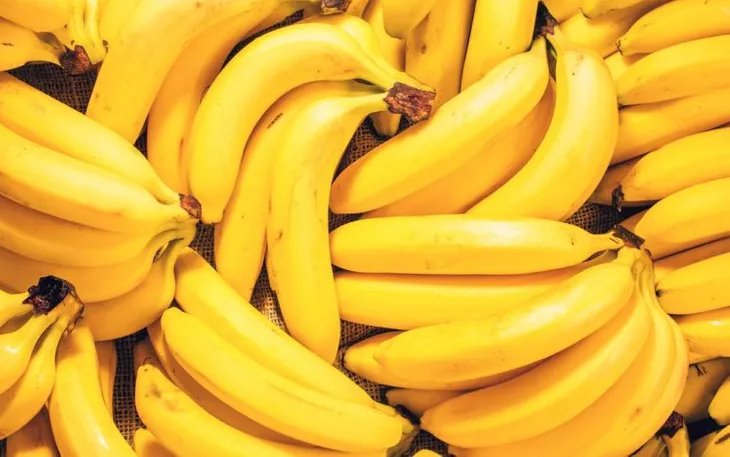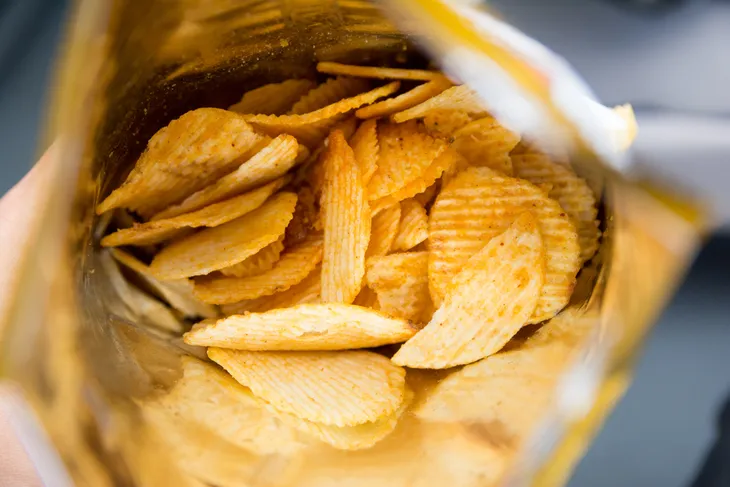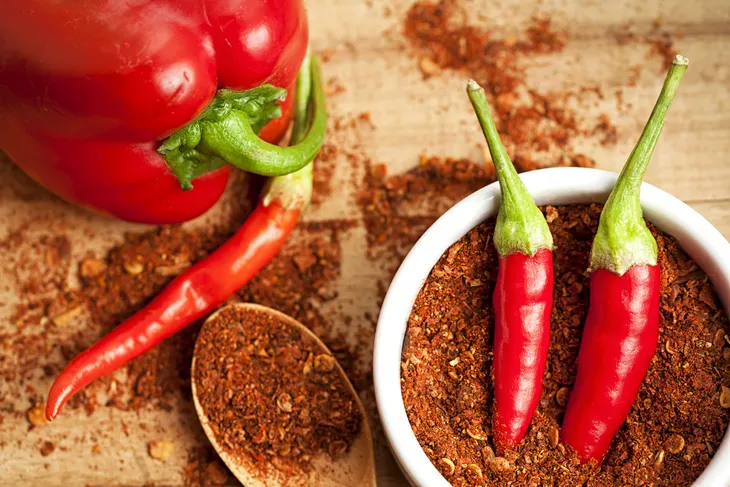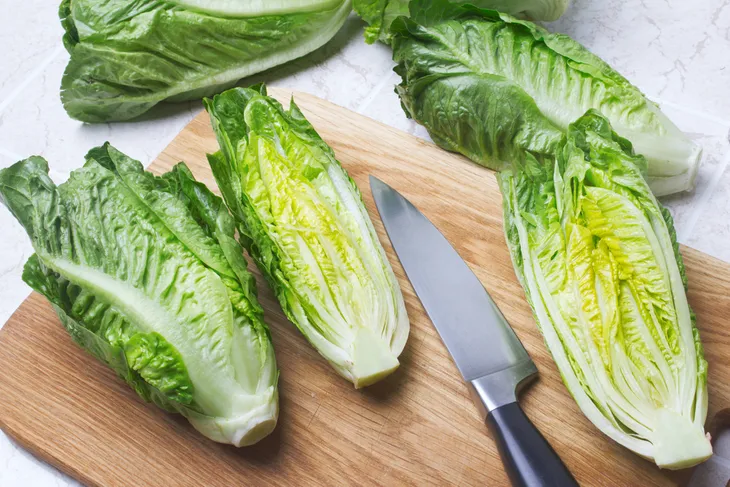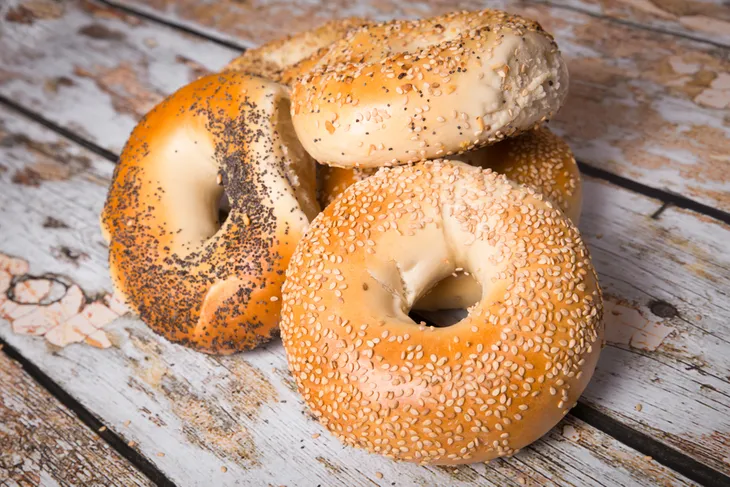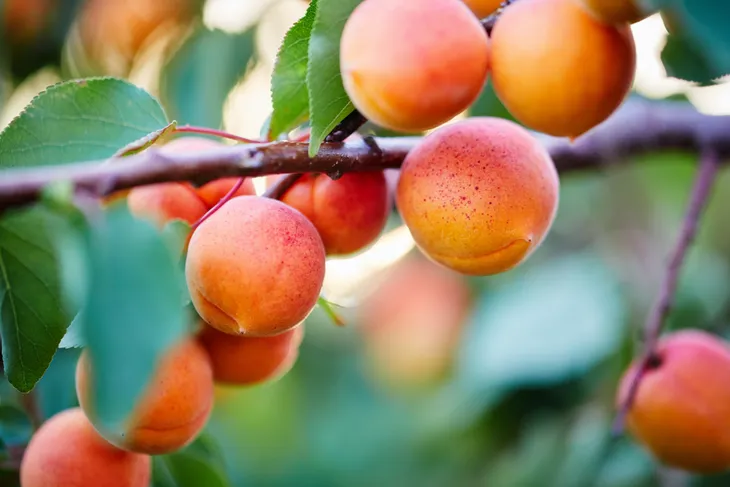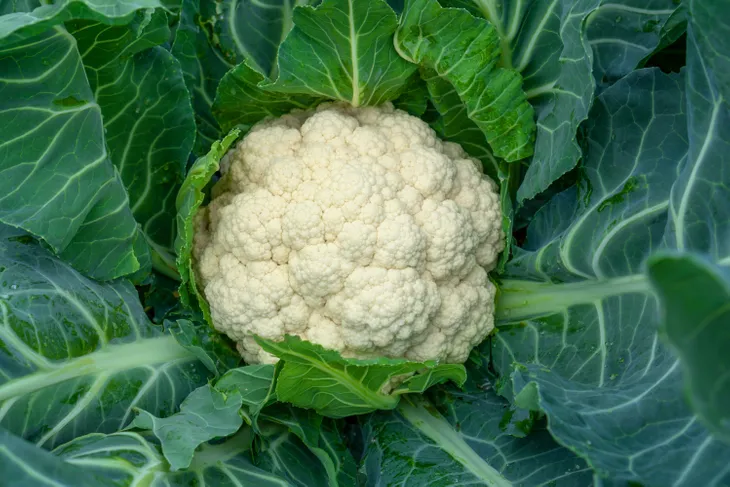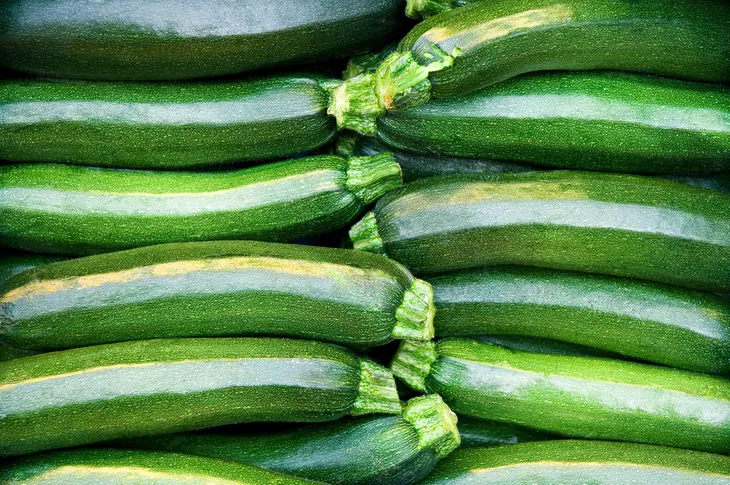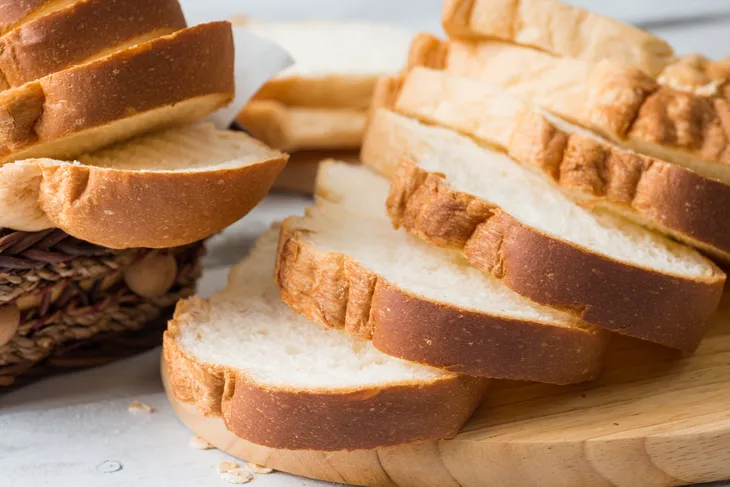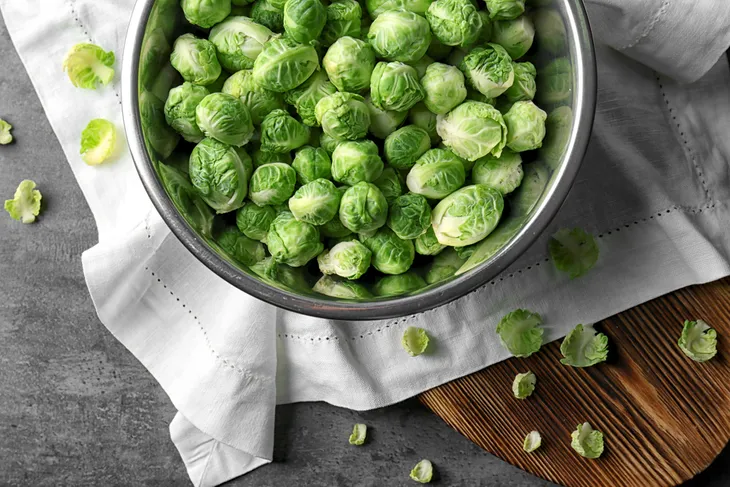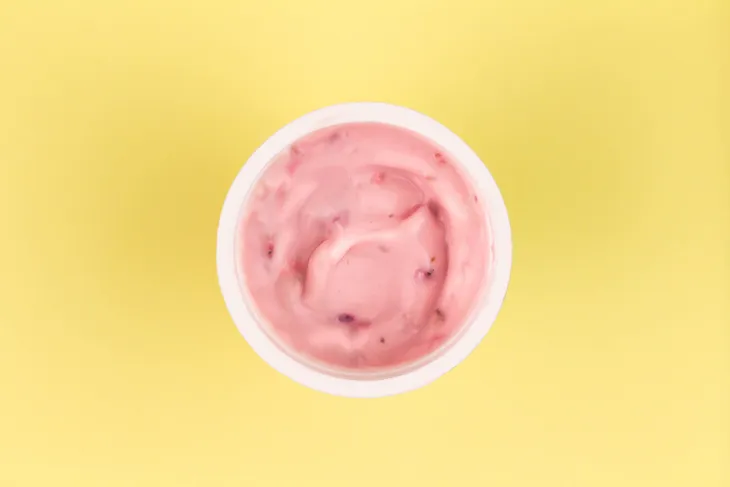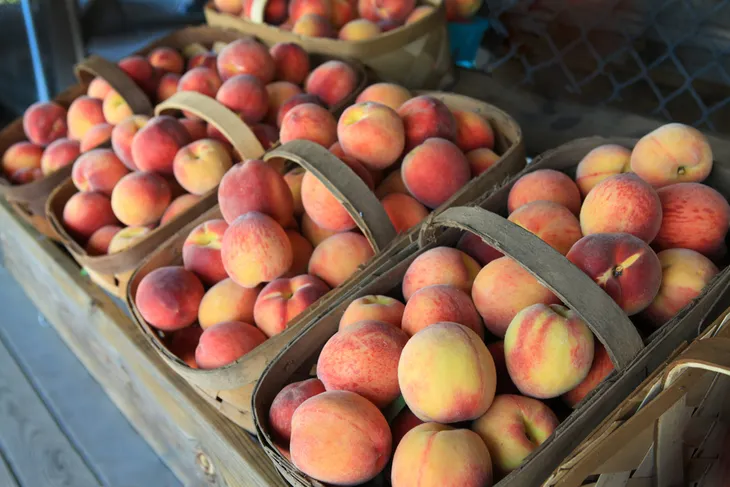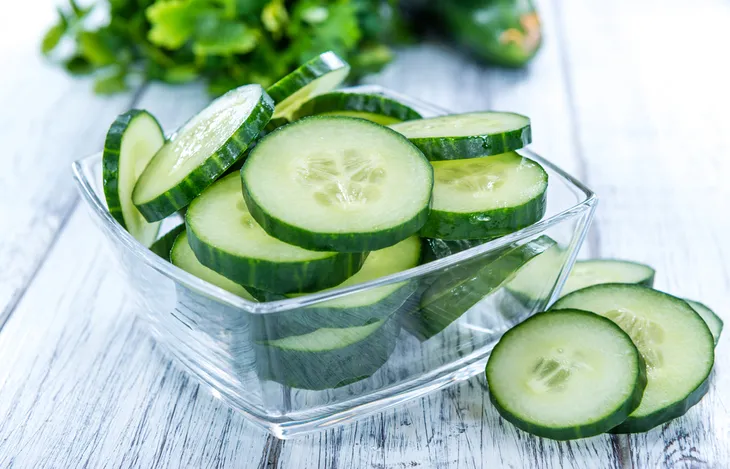Are you having trouble controlling your tummy bulge? You’re definitely not alone. Most of us struggle with bloating on a regular basis. Sure, those extra few pieces of cheese with your glass of wine may seem like a good idea at the time but is it really worth hours of feeling full and tired afterwards? Not really.
The single largest contributing factor when it comes to bloating is your diet. You may not even know it (especially considering so many of the foods listed below are incredibly healthy) but the foods you’re eating are likely causing you to feel full and overinflated. The good news is eliminating these foods from your diet (or at least limiting your intake) will eliminate bloating almost immediately.
Avoid these 33 foods and you’ll be on your way to a flatter tummy in no time…
Want diet & nutrition content delivered straight to your inbox? Sign up for our exclusive diet & nutrition newsletter!
1. Cheese
If you can’t keep your hands off cheese, there’s actually a plus to this and that embarrassing belly bloat. Cheese contains whey, a type of protein that’s been linked to boosting lean body mass. So watch out 6-pack!
Plus dairy is a satiating food, which means that it fills you up longer than other foods. Snack on a small bowl of cottage cheese, low fat string cheese, or Greek yogurt to prevent binge snacking.
2. Apples
Apples are fiber-filled fruits. As long as you leave the skin intact. So instead of peeling the skin from your apple, slice it to eat raw with a bit of nut butter, or on top of salad or morning oats.
The added fiber will keep you full for much longer and promote better digestion. By that I mean, it’ll keep your bowel movements regular, which will cut down on gas and belly bloat.
3. Onions
I understand that it sounds a little bit counterproductive to eat onions to prevent belly bloat and gas when onions are often the source of pretty nasty indigestion.
However, some dieticians do recommend incorporating food that cause gas (i.e., broccoli and onions) into your daily diet. Reason being is that the more you eat them, the more efficiently your body will learn to break them down.
4. Milk
Despite the fact that one in 10 adults are lactose intolerant, according to research from the Baylor College of Medicine, drinking and eating milk products (i.e., cheese and yogurt) can actually banish belly bloat if you’re not so sensitive to dairy.
Not only is dairy filled with calcium and protein, data from the National Institutes of Health points to certain types of dairy (namely hard cheese and yogurt) that can be digested more easily, even by lactose-intolerant individuals.
5. Peppers
According to an article published by Livestrong.com fibrous vegetables, such as bell peppers, can do their part to banish belly bloat. Red, yellow, orange, and red bell peppers contain quite a bit of fiber, which in turn stimulates bowel movements.
If your digestive tract is running smoothly, you will notice reduced indigestion and less rate of bloating, particularly in the embarrassing tummy area.
6. Celery
Did you know that celery is a natural diuretic? That means this veggie is the bomb when it comes to relieving water retention.
Our dear friend celery is a watery vegetable, which means it hydrates the body and makes bowel movements more efficient.
7. Fast Food
Burgers, fries, pizza, and soda are filled with sugar and fat, which lead to weight gain and can explain that belly paunch.
Plus, if you’re binge eating fast food due to hunger, you risk suffering bloating after a meal.
8. Asparagus
These green, stringy veggies often lead to bloating, gas, and embarrassing odors. The gas cause is in raffinose, a type of sugar that isn’t digested until it reaches the large intestine.
Raffinose is then fermented by methane-producing bacteria in the large intestine.
9. Cabbage
Akin to aspargus and other gassy veggies, cabbage also contains a sugar called raffinose.
Raffinose sugar moves through the digestive system intact until it reaches the large intestine. There it’s fermented by methane-producing bacteria, which explains gas pain and belly bloat.
10. Pasta
Pasta is a very filling food, which can explain why you end up with a belly paunch after eating a large bowl.
Typically belly bloat with pasta is caused by overeating. Take small bites, and savor your food gradually to aid the digestive process and prevent belly bloat. Remember, it takes 20-minutes, at least, for your brain to register fullness.
11. Artichokes
Many folks report gas pain, bloating, and intestinal cramps after eating Jerusalem artichokes.
If you’re new to artichokes, build up a tolerance gradually. Artichokes are high in fructans, which often cause gas.
12. Soda
Soda or other bubbly drinks can cause gas upset quickly due to carbonation.
If you have stomach upset and bloating after sipping soda, do so without a straw. Sipping through a straw often sucks too much air into the body.
13. Broccoli
Despite the fact that broccoli is very healthy, as well as being linked to cancer prevention, these little green spears can cause a lot of gas pain.
Particularly raw broccoli, which contains a lot of sulfer, can cause belly bloat. Like many other cruciferous vegetables, you can steam broccoli to make it easier to digest.
14. Pears
Pears are one fruit that contains an awful lot of fiber. If your body isn’t used to digesting a lot of fiber, pears can cause belly bloat.
Like apples, most of the fiber in pears is found in the skin. You can peel it off, or eat slowly to improve digestion.
15. Beans
Beans, beans are good for your heart, but their full of raffinose, which will make you fart!
Like cabbage, the raffinose in beans stays intact until it reaches the large intestine, where it’s broken down into methane-producing bacteria, which explains all that gas. To improve digestion of beans, soak them or rinse them before cooking.
16. Beer
A nice cold beer might reduce stress after a long day at work, but it will also cause your belly to bloat.
This is because beer is carbonated, so like soda, it will trap excess air in your body and lead to a gut.
17. Ice Cream
Another dairy product on the list of gas producing milk products, ice cream can have you screaming…with gas pain and belly bloat.
Ice cream, like other cow dairy products, contains lactose, a sugar that’s difficult to digest if you lack enough of an enzyme, known as lactase.
18. Potatoes
19. Bananas
While a well ripe banana likely won’t cause gas and stomach upset, a green banana may cause you undue belly bloat.
According to Livestrong.com, bananas are rich in fructose (sugar) and soluble fiber, which can lead to gas as they’re broken down in the digestive system.
20. Chips
Another grease-filled snack food, munching potato chips can quickly lead to bloating.
Belly bloat occurs with fatty snack foods because it takes the body much longer to break down the fats and digest them.
21. Spicy Food
Spicy foods, particularly those made with red chilies or chili peppers, are rich in capsaicin, which gives them their fire.
Chilies are linked to stimulating the release of stomach acid in the digestive system, which causes gas pain and belly bloat.
22. Lettuce
Lettuce is one carbohydrates that has been pinpointed as a source of gas, according to research from the Mayo Clinic.
Similar to other veggies, like cabbage and Brussels sprouts, many folks have difficulty digesting lettuce.
23. Bagels
Carb loading on baked goods and breads is a typical source of stomach upset and belly bloat.
Akin to foods like pasta, bread, rice, and cereal, eating foods with high amounts of carbohydrates will often cause your body to store more water. Make sure to eat a lean protein with carbs to avoid indigestion.
24. Apricots
Apricots, and other high fiber foods, often cause bloating so bad that it causes the belly to distend.
I have a particular issue with dried apricots, as opposed to fresh, because they’re super high in carbohydrates.
25. Cauliflower
Yet another cruciferous vegetable, like cabbage or broccoli, high in sulfur compounds, known as oligosaccharides.
Cauliflower cooked quite as flatulence-causing as raw cauliflower. However, lightly steaming this veggie might make digesting it much easier.
26. Zucchini
Why in the heck does raw zucchini cause so much gas and bloating? The answer lies in cellulose, a primary component of dietary fiber.
Although the intestines contain enzymes to break simple carbohydrate foods (i.e., amylase) they have difficulty breaking down cellulose. So the food often stay intact in your intestines causing digestive upset.
27. Candy (Including Gum)
Carbohydrate foods, like candy and sweets, rich in refined sugars can be a harbinger for gas and belly bloat.
And sugar can result in an imbalance of gas-producing bacteria in the intestines. Bacteria overgrowth produces gases (hydrogen, and methane) than often lead to abdominal bloat and excessive gas.
28. White Bread
White breads, containing gluten and fructans, are often the cause of excess bloating.
Really, any rich carbohydrate food can lead to excess water in the digestive tract, and bloating.
29. Brussel Sprouts
Brussels sprouts are just one of those foods that are naturally harder to digest than others. This is because they contain a sugar, known as raffinose.
Raffinose can’t be digested easily thanks to enzymes, which means it gets transported down to the large intestine for digestion, thanks to methane-producing bacteria.
30. Champagne
Another oh-so-bubbly beverage, champagne, like beer and soda, is carbonated.
Carbonated beverages, like champagne, can cause you to inhale too much air and become uncomfortably bloated.
31. Yogurt
Why do some yogurts cause bloating while others soothe digestion? The reason is in additives.
For instance, many store-bought yogurts contain various thickeners, (i.e., guar gum), which can cause bloating. Read your food labels carefully to locate guar gum and other thickeners
32. Peaches
If you eat a lot of high fiber fruits, like peaches, you risk bloating and gas.
For those who aren’t used to eating much fiber, you may lack the necessary bacteria in the digestive tract break it down.
33. Cucumbers
According to Livestrong.com cucumbers contain cucurbitacin, which often leads to indigestion, burping, abdominal pains and gas.
However, studies do show that cucumbers differ cucurbitacin, which largely depends on growing conditions.
Looking for other healthy living articles? Check these out:
